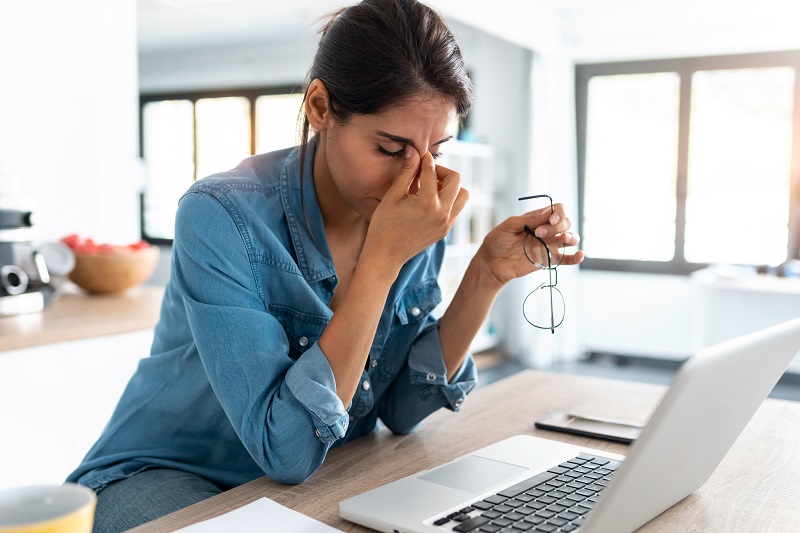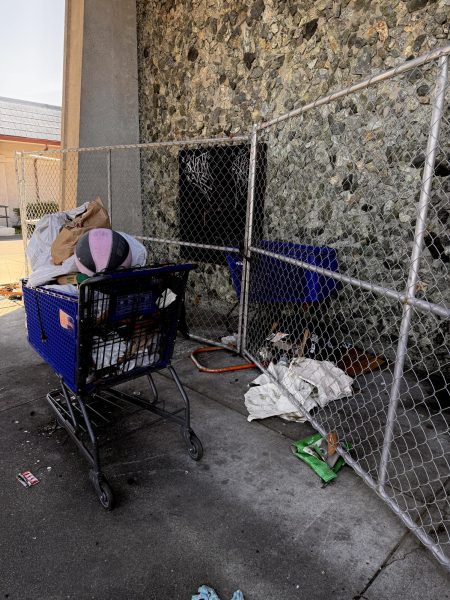Covid-19 Quarantine’s Effect on American’s Deteriorating Mental Health
Diving into the mental health of Americans due to the year-long lockdown
The stay-at-home orders, or quarantine, brought on by the rapid spread of Covid-19 has had a noteworthy effect on mental health in the United States. Americans have fought for their physical health against the pandemic, but the long-term threat of mental illness has loomed largely in the background.
According to the Center for Disease Control and Prevention (CDC), mental health issues have significantly jumped during the pandemic. While this may not be a surprise, the number is still staggering. During Jan. through June 2019, 8.2 percent of adults aged 18 and over had symptoms of anxiety disorder, 6.6 percent had symptoms of depressive disorder, and 11 percent had anxiety disorder or depressive disorder symptoms. April through Nov. 2020 revealed a drastic change, with 35 – 41 percent of adults having symptoms of anxiety disorder or depressive disorder. It’s no secret that the pandemic’s impact has weighed on Americans mentally, but this amount of a leap in mental health issues is alarming.
While everyone has faced the stress of avoiding the virus, the impact has been discernibly greater among the working class, women, and minority groups due to a greater burden of child care, job loss, and living paycheck to paycheck.
“It’s a stressful situation; it’s not good for mental health, worrying about things of that nature. I know teammates, and myself included, have had to get jobs just to make ends meet. Granted, the White Sox [Organization] and Major League Baseball did everything they can to accommodate us during this time. I’m much appreciated for that, but living paycheck to paycheck and wondering if you’re having money come in this week… is just added stress, especially for the lower-income areas,” says Ian Dawkins, a professional baseball player with a degree in psychology from San Lorenzo, California.
The financial hardships, as well as mental fatigue, have been tough on many Americans. Those, however, are viewed as “adult” problems, overlooking children’s mental health. Online learning is considered the most challenging task children have to deal with, yet there is so much more.
“For a lot of kids, school is their safe space. Home is not a safe space. Whether it be through abusive parents, or cousins, or plain neglect, they are having their safe place taken from them, and they are being isolated in the exact place they don’t want to be. We are seeing a lot of extreme outcomes from this. Kids are experiencing schizophrenia symptoms. They are hallucinating. It’s beyond depression,” says Michael West, a mental health counselor at Silver Creek High School.
The takeaways from the pandemic are endless. If you or a loved one are experiencing anxiety or depression, there are options for help. At California State University, East Bay, there is an abundance of resources at student’s fingertips. CSUEB has a Student Health and Counseling Center for its community with both in-person and virtual options. Please ask for help if needed, mental health is a battle won through community, not individualism.







